Measles patients being treated at the Central Hospital for Tropical Diseases - Photo: VGP
Typically, in the case of patient LTS (42 years old, in Yen Bai), while hospitalized after gallstone surgery at a medical facility, symptoms suddenly appeared of high fever, rash, cough, sore throat, pneumonia, suspected of having measles with complications.
The patient was transferred to the Central Hospital for Tropical Diseases and received intensive treatment and oxygen support. Currently, the measles rash has almost disappeared. After 6 days of treatment, the patient's fever has also subsided and his health condition has gradually stabilized.
Another patient (35 years old, in Hanoi ) was also hospitalized after experiencing fever, cough and diarrhea many times for nearly a week. Initially, the patient was diagnosed with viral fever and was prescribed medication to take at home.
However, the condition did not improve, the symptoms became more and more severe, especially severe sore throat, unable to eat or drink. The patient received IV fluids at home. A day later, a rash appeared all over the body, suspected dengue fever so the family took him to the Central Hospital for Tropical Diseases.
Here, the patient was diagnosed with intestinal complications of measles with symptoms of high fever, dry cough, red rash all over the body, congested eyes, and loose stools many times a day. The patient is receiving active treatment.
Patient NXV (46 years old, in Nghe An ) also developed high fever, cough, and frequent loose stools. After three days of self-treatment at home without improvement, the patient was admitted to Vinh General Hospital. Here, the patient's respiratory condition rapidly worsened, and he was transferred to Nghe An General Hospital. Doctors diagnosed the patient with measles complicated by acute respiratory distress syndrome (ARDS).
The patient was intubated and put on a ventilator, but his blood oxygen saturation was very low. Given the critical situation, the patient was transferred to the National Hospital of Tropical Diseases and immediately placed on ECMO (extra-muscular membrane oxygenation).
Dr. Trinh Thi Lan Huong, Intensive Care Center, said that ARDS is a dangerous complication of measles. If not treated promptly, ARDS can lead to death.
Early detection and timely treatment are extremely important - Photo: VGP/HM
According to Dr. Trinh Thi Lan Huong, measles usually progresses through 3 stages: The initial stage lasts about 3 to 5 days. The main symptoms of this period are fever and pharyngitis. The patient has flu-like symptoms such as fever, cough, runny nose, sneezing, red eyes, and diarrhea. This stage is very contagious but difficult to recognize because the rash has not yet appeared.
Rash stage (or measles outbreak period): Measles rash appears as red spots starting behind the ears, nape of the neck, then appearing on the forehead and cheeks. Next, the rash gradually spreads to the entire head, face, neck, body and limbs. The patient often has a high fever and fatigue.
Remission phase (or flare): the rash fades, leaving a dark mark on the skin before it heals completely. Risk of infection and importance of vaccination.
People who have not been vaccinated or do not remember having had measles should get vaccinated.
According to Dr. Nguyen Nguyen Huyen, Director of the Center for Disease Control and Prevention, Central Hospital for Tropical Diseases, receiving two doses of measles vaccine is an effective measure to prevent the disease. People who have had measles or have been vaccinated will have lifelong immunity.
People who are not sure if they have been vaccinated or had measles should get a booster shot if an outbreak occurs. The measles vaccine is a live attenuated vaccine and is contraindicated in people with immunodeficiency or who are taking immunosuppressive drugs. These people should take proactive measures to prevent the disease by wearing masks and avoiding crowded places.
In addition, adults should also get booster shots, not only to protect themselves but also to protect the surrounding community...
"Early detection and timely treatment are extremely important to limit the spread and prevent dangerous complications. When symptoms such as high fever, cough, diarrhea, rash, etc. appear, you need to go to a medical facility immediately for diagnosis and treatment.
At the same time, patients should be isolated, the living environment kept clean, and hands washed regularly - these are effective measures to help prevent epidemics, Doctor CKII Nguyen Nguyen Huyen emphasized.
Child vaccination campaign reaches 96%
The Ministry of Health has just informed that in week 15 (from April 5 to April 11, 2025), the whole country recorded 4,519 suspected measles cases, down 6.3% compared to the previous week (4,822 cases). However, since the beginning of 2025, the whole country has recorded 67,904 suspected measles cases, of which 7,235 were positive.
The number of cases tended to increase from week 9, leveled off in week 14 and decreased in week 15. Regarding the local situation, some provinces and cities recorded a decrease in the number of cases such as Nghe An, Hue City, Hanoi, Da Nang City, Ho Chi Minh City, and Dong Thap.
In contrast, Gia Lai, Lai Chau, and Lao Cai have seen an increase in cases, mainly among ethnic minorities. Worryingly, 8 deaths related to measles have been recorded. Compared to the first 3 months of 2025, the age structure of the disease has changed, with the 1-10 year old group decreasing, while the under 1 year old and over 10 year old groups increasing. Analysis of vaccination status shows that the highest measles incidence rate is in the unvaccinated group (82.8%).
Recently, the measles vaccination campaign has been strongly implemented, as of April 7, 2025, 96% of subjects have been vaccinated.
Although the epidemic situation has shown signs of easing, the health sector still recognizes many challenges. Some localities have not achieved high vaccination rates (≥95%) due to difficulties in reaching the subjects, especially in remote areas and large urban areas. Awareness among some people is still limited, leading to fear of vaccination. In addition, the number of grassroots health workers is still low, making implementation difficult.
The Ministry of Health recommends that the Department of Health of provinces and cities increase communication about the epidemic situation and disease prevention recommendations. Medical examination and treatment facilities need to do a good job of triaging, admitting, treating patients and controlling infections...
Hien Minh
Source: https://baochinhphu.vn/ghi-nhan-nhieu-nguoi-truong-thanh-mac-soi-10225041716461798.htm


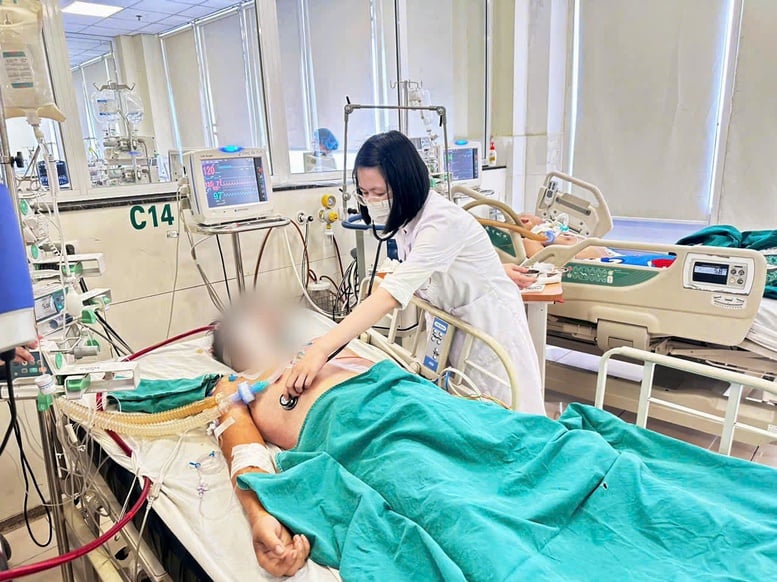
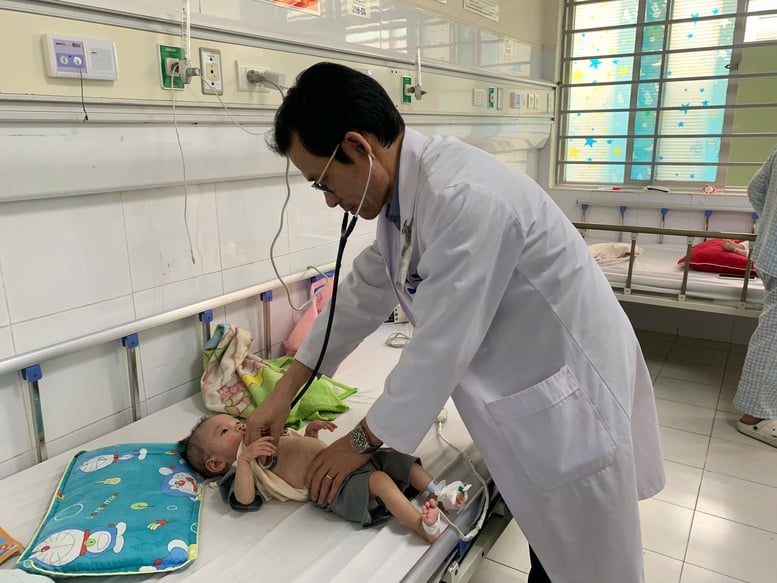








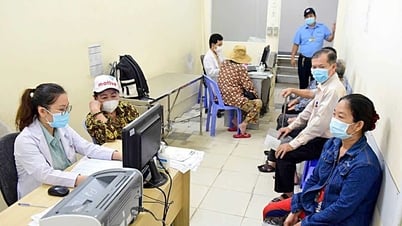

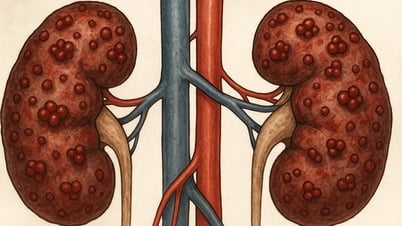
















































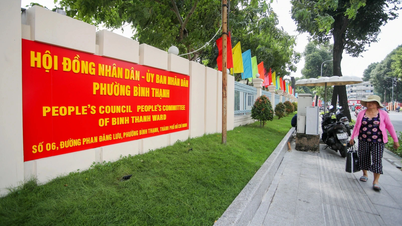


![[Infographic] Circular guiding the functions, tasks and powers of the provincial Department of Culture, Sports and Tourism and the commune-level Department of Culture and Social Affairs](https://vphoto.vietnam.vn/thumb/402x226/vietnam/resource/IMAGE/2025/6/29/877f24989bb946358f33a80e4a4f4ef5)


























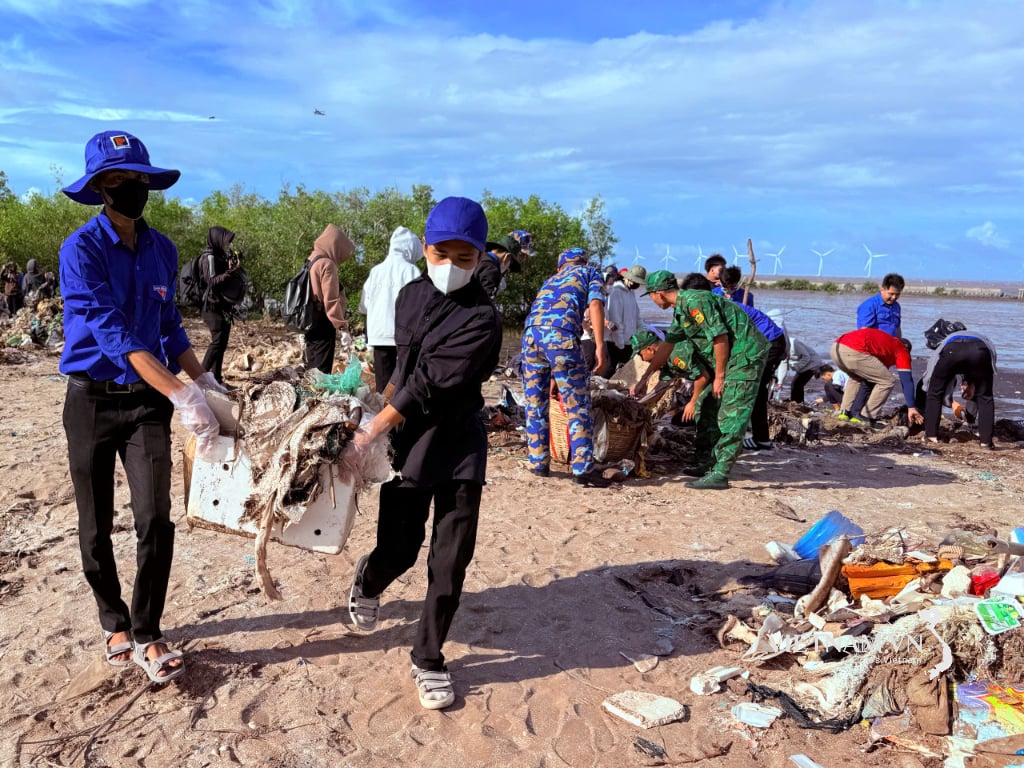


Comment (0)